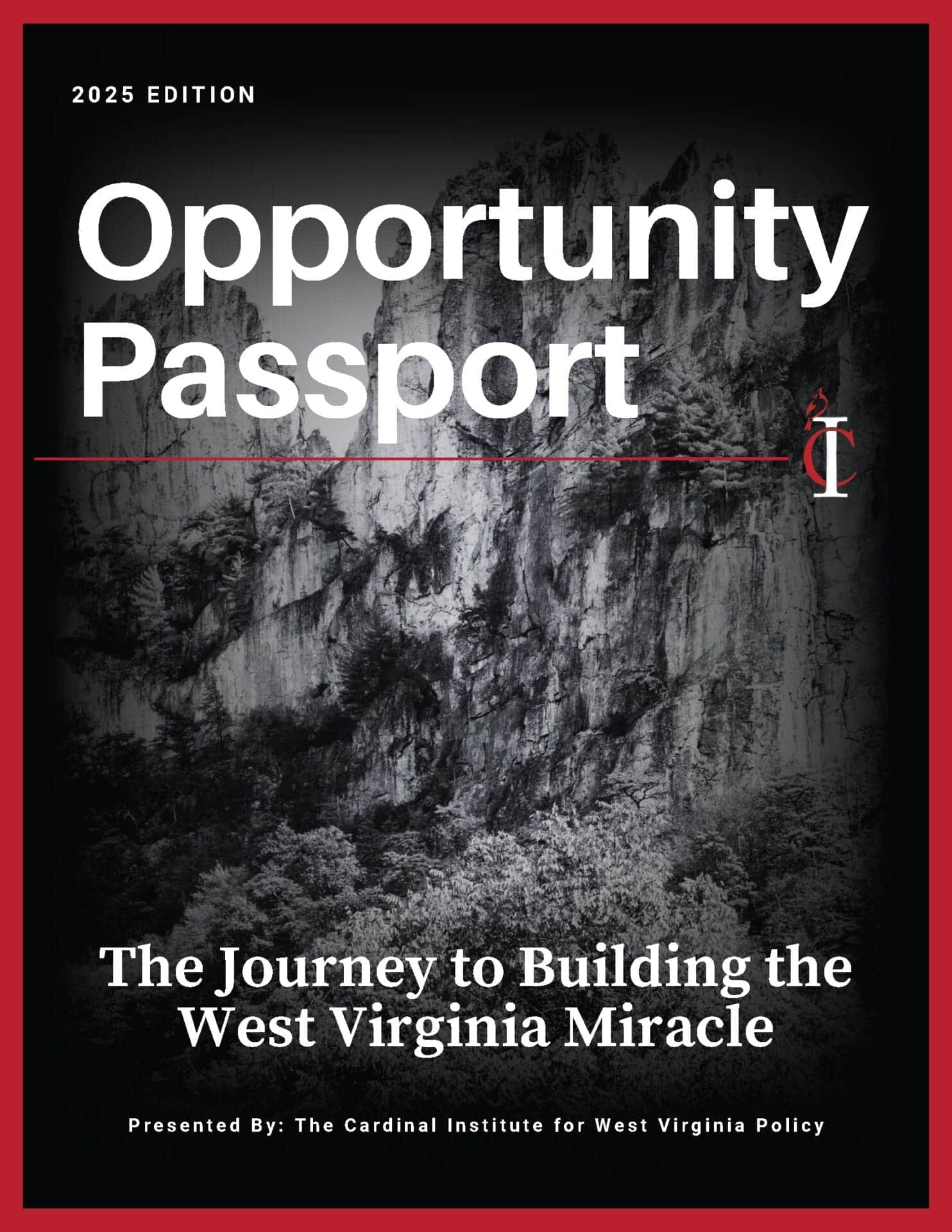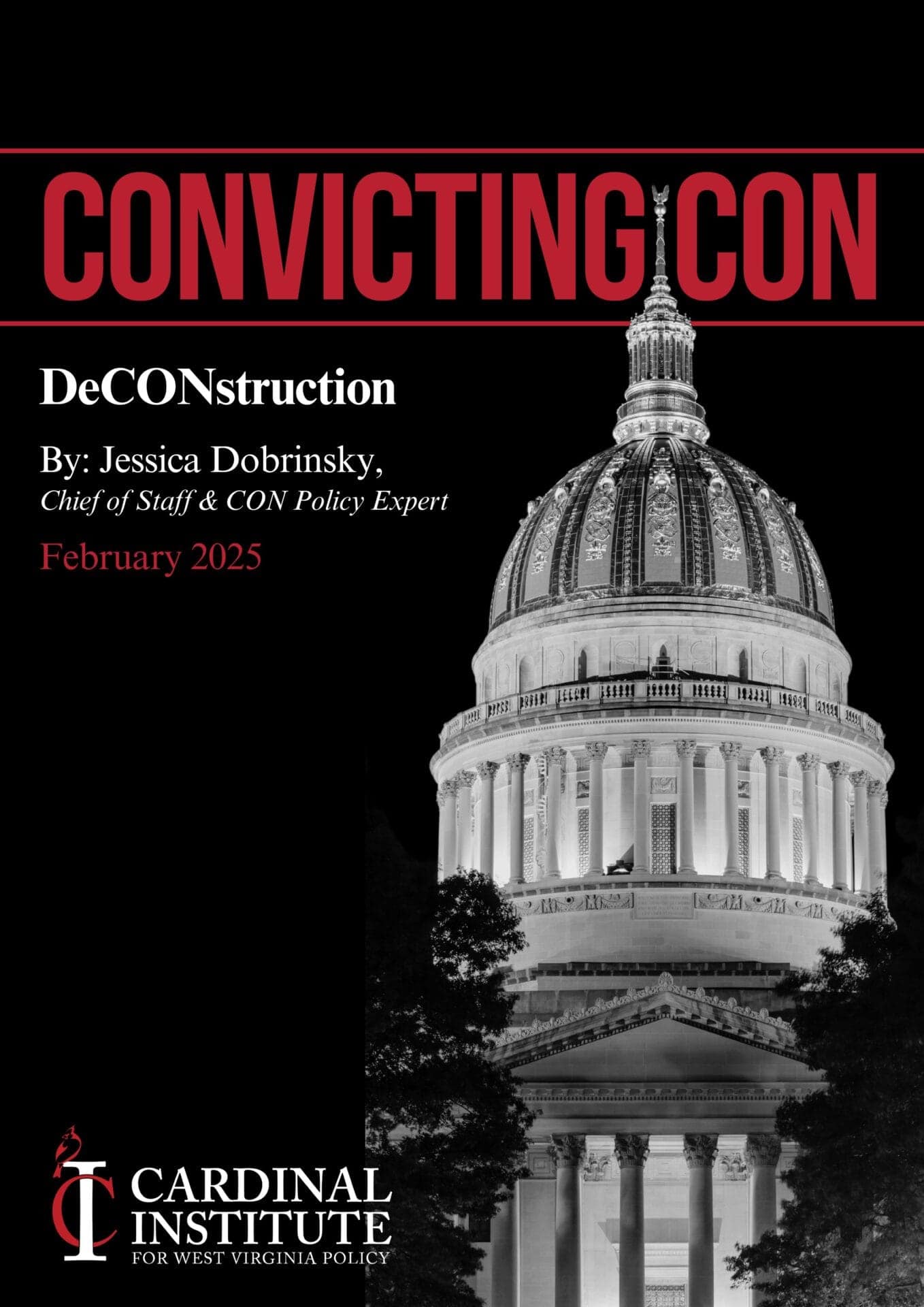
How Does the Hope Scholarship Work?
Cardinal Team
Introduction
In August of this year, I moved from Northern Virginia to Charleston. I had accepted the position of Education Outreach Coordinator with the Cardinal Institute for West Virginia Policy. My job is to promote the Hope Scholarship in West Virginia. During my two months on the job, I have had the privilege of connecting with families and schools to discuss this program and how it will help improve education in West Virginia. The purpose of this post is to give an overview of the Hope Scholarship Program’s eligibility requirements, administration, funding, and education service providers.
What Is the Hope Scholarship?
To begin, I want to explain what the Hope Scholarship is not. The Hope Scholarship is not a School Voucher, it is an Education Savings Account. There is a stark difference between these types of programs. School Vouchers are kind of like coupons. Vouchers generally pay for the costs of private school tuition. Education Savings Accounts are a flexible education spending account that allows families to spend their education tax dollars on whatever educational services best fit their child’s needs. The exact mechanism for the transfer of funds will be outlined in the rules of the program.
The Hope Scholarship is different from the already implemented Promise Scholarship. The Hope Scholarship is a near universal program that provides funds for K-12 students. The Promise Scholarship is a merit-based program for high school graduates to attend in-state college in West Virginia.
Eligibility Requirements
Other states have education savings account programs, but West Virginia has the most expansive program in the nation. To be eligible for the Hope Scholarship each child must meet the following criteria:
- The child is under 21-years-old
- Is a resident of West Virginia
- Enrolled full-time in the public school system for the previous school year or a minimum of forty-five calendar days in an instructional period
- The child is of kindergarten matriculation
Current homeschoolers and private school students are not eligible to receive the Hope Scholarship unless they return to full-time public school enrollment to meet the 45 day minimum requirement. However, the legislation states, if fewer than five percent of public school students register by June 2024 then the program will be expanded to 100% of West Virginia Students by 2026.
Accountability, Oversight, and Education Funding
This program is overseen by the State Treasurer’s office and administered by the Hope Scholarship Board. The board includes
- the State Treasurer, who serves as the Chairman and Presiding Officer;
- State Auditor, or his or her designee;
- State Attorney General, or his or her designee;
- the State Superintendent of Schools, or his or her designee;
- the Chancellor of Higher Education, or his or her designee;
- the Director of the Herbert Henderson Office of Minority Affairs, or his or her designee; and
- three hope scholarship parent members appointed by the Governor with the advice and consent of the Senate.
Funding for this program is taken from the state’s portion of the Education Budget. All federal and local funds remain with the public school system. If you remain enrolled in a public school full-time, you are not able to receive the funds since your attendance will be counted towards the net enrollment for state education funding purposes.
This program is designed to tailor an individualized learning experience that works best for the student. Students can use these funds for whatever education needs they may have. This includes at a participating private school, college credits, public school courses (virtual or in-person), tutoring services – where the provider isn’t related to the student – and other educational expenses to be outlined by the Hope Scholarship board.
Education Service Providers
Education Service Providers (ESPs) are education institutions and individual educators participating in the program. For example, this could include private schools and individual tutors. To become an ESP, the only requirement is that an institution or individual submits notice to the Board that they wish to participate. Parents pay funds directly to providers. During participation in the program, the board may audit an ESP for several reasons:
- To ensure compliance with Hope Scholarship rules;
- Because a provider intentionally and substantially misrepresented information;
- The provider failed to refund any overpayments in a timely manner;
- The provider routinely failed to provide students with promised educational goods or services.
Any audit by the board will focus on Hope Scholarship related activities.
This program is the most expansive in the nation and as State Senator Patricia Rucker (R-Jefferson) said, “this program is funding kids.” The Hope Scholarship is slated to go into effect no later than July 1, 2022 with applications opening no later than March 1, 2022.
Andrew Bambrick is the Education Outreach Coordinator for the Cardinal Institute for West Virginia Policy.







